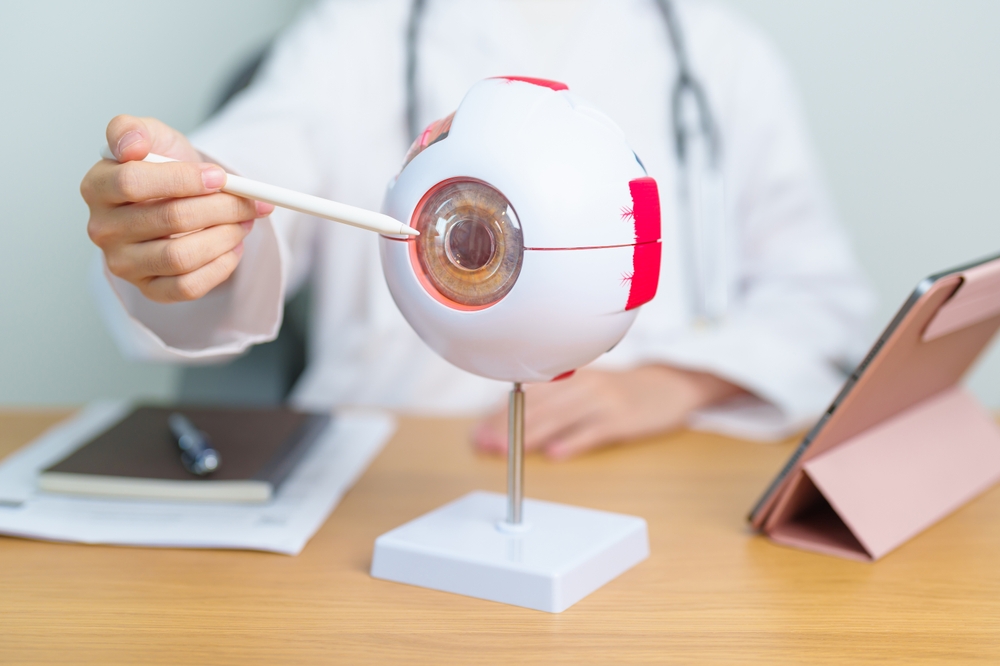
Cataracts are a common vision problem, especially as we age. They cause the eye’s natural lens to become cloudy, leading to blurred vision, difficulty seeing at night, and increased sensitivity to light. If left untreated, cataracts can significantly impact your quality of life, making everyday activities such as reading and driving more challenging. Fortunately, advancements in modern eye care provide effective solutions for diagnosing and treating cataracts, helping restore clear vision and enhance overall eye health.
The Importance of Regular Eye Exams
Cataracts often develop slowly, and symptoms may not be noticeable in the early stages. This is why regular eye exams are crucial in detecting cataracts before they progress to a point where they severely impact vision. During an eye exam, your optometrist can assess the clarity of your lens and determine if cataracts are forming. Early detection allows for proactive management, helping to slow progression and explore treatment options before significant vision loss occurs.
Prescription Lenses
In the early stages of cataract development, updating your eyeglass or contact lens prescription may help improve your vision. However, as cataracts worsen, glasses alone may no longer provide clear vision, making surgical intervention the best option.
Cataract Surgery: A Safe and Effective Solution
Cataract surgery is a widely performed and highly successful procedure that replaces the cloudy lens with an artificial intraocular lens (IOL). Modern advancements in cataract surgery have made the procedure quicker, safer, and more precise, often requiring minimal recovery time. Today, there are several types of IOLs available, including options that correct astigmatism and presbyopia, allowing for better vision at multiple distances.
Advancements in Modern Eye Care
Technology has transformed cataract detection and treatment, making it more efficient and patient-friendly. Optical coherence tomography (OCT) and digital imaging allow for detailed assessment of the eye’s structures, helping optometrists detect cataracts in their earliest stages. Additionally, laser-assisted cataract surgery provides enhanced precision during lens removal, reducing recovery time and improving outcomes.
Schedule Your Eye Exam Today
If you’re experiencing symptoms of cataracts, such as blurred vision, glare sensitivity, or difficulty seeing in low light, scheduling a comprehensive eye exam is the first step toward better vision.
If you’re experiencing symptoms of cataracts, contact Seen Modern Eye Care & Eyewear to schedule an eye exam and explore your treatment options. Visit our office in Ridgefield, Washington, or call (360) 887-7336 to book an appointment today.








